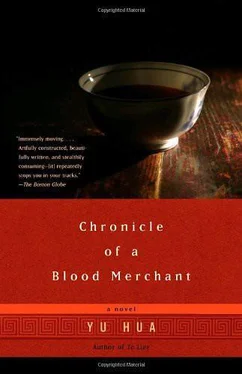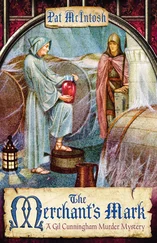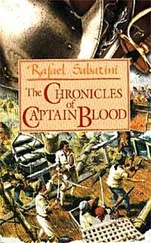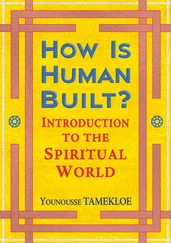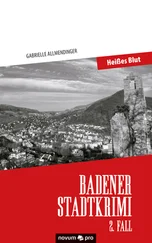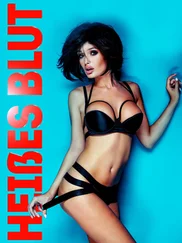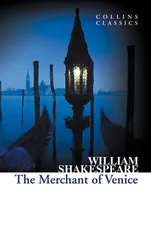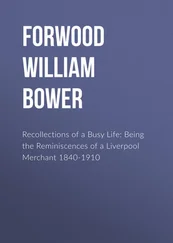Yu Hua never mentioned the documentary to me when we had dinner a few nights later, and I didn’t bring it up. I suspect he didn’t care for the way in which the show neglected the very thing that remains most important to him: the power and precision with which he wields words as a means of engaging critically with the world around him. And I was at considerable pains to reconcile this slick televised portrait with the man I had first met one night in the early 1990s after having been drawn (and sometimes repulsed) by the clinical lyricism and musical violence of his angular and modernistic prose. Such was the sensitivity to the “rustle of language” and the almost Mitteleuropäer morbidity of sensibility evinced by his early work, that I was more amused than surprised when a skinny and slightly unkempt Yu Hua, almost immediately upon entering my hotel room in a converted traditional courtyard residence in Beijing for the first time, lit a cigarette, got down on all fours in search of an annoying buzzing sound of which I had been completely unaware, and unceremoniously unplugged the mini-refrigerator.
BEIJING, where Yu Hua now lives and works, is a noisier city than it once was. One traverses the city’s seemingly endless expanse of concrete housing blocks on newly constructed elevated expressways lit on both sides by glowing neon and the bill-boarded icons of transnational commerce: Toshiba, IKEA, Motorola. As we ate in a glitzy new Cantonese seafood restaurant, Yu Hua’s son played a portable video game and clamored for McDonald’s. Karaoke pop music and the blare of the television news seeped from another room, mixing with the loud conversation and shrill cell phone ring-tones of well-dressed entrepreneurs. Unplugging, in other words, is no longer an option. For writers of Yu Hua’s generation, often referred to as the “experimentalists,” the crucial questions have changed, irrevocably. The socialist orthodoxy and stale humanist verities against which they struggled mightily in the ’80s have long since been dethroned. The cultural insularity they so pointedly punctured by way of the importation and creative appropriation of modernist, magical realist, and postmodernist models has become less a problem than a virtual impossibility. Literary censorship is now largely market-driven, and formal experimentation simply doesn’t sell. The question that remains is this: How can a writer make his or her voice heard above the din? How do specifically literary signals penetrate the pervasive noise of commercial culture, media babble, and globalized culture that has inundated urban China in the new century? What position can Chinese writers occupy in an aggressively capitalist era in which the nouveau-riche entrepreneur is insistently exalted as the most alluring sort of culture hero? It is only in the context of these questions that we can understand Yu Hua’s transformation into a best-selling author, and the local significance of his Chronicle of a Blood Merchant as a work of literary imagination and social critique.
FOR YU HUA, growing up in the narrow, stone-cobbled and moss-edged lanes of his native Haiyan, writing was a way out. The lives of the salaried writers employed by the local party-sponsored “Cultural Palace” seemed positively bourgeois compared to the drudgery of pulling teeth. Perhaps even more important, the translations of global modernist fiction that were just beginning to trickle into local book markets in the mid-1980s as a result of the post-Mao program of “reform and opening,” seemed to offer a means of shirking the ideological and intellectual drudgery of everyday life, of imagining “one kind of reality” (as he titled an early novella) in which conventional ways of seeing the world no longer held sway. The Japanese Nobel Prize — winner Yasunari Kawabata’s lyrical attention to the world of things was an early and abiding influence. (Whenever he managed to find a rare Chinese translation of Kawabata’s works, Yu Hua once told me, he would buy two copies: one to read, and the other to keep pristinely intact on his bookshelf.) Yu Hua’s initial encounter with Franz Kafka’s tortuously Byzantine narratives of modern life, and especially his unflinching attention to spiritual and corporeal violence, was equally revelatory. The efforts of Jewish writers such as Bruno Schulz and Isaac Bashevis Singer to understand the horrors of inhumanity spoke to Yu Hua’s own concern with the question of how he might most effectively represent the cataclysms of recent Chinese history. The labyrinths of Jorge Luis Borges exercised a profound fascination as well, for they pointed Yu Hua toward narrative convolution and philosophical uncertainty rather than the straight story lines and invariant verities of socialist dogma. And it was his intense dissatisfaction with the class-coded and stereotypical attributes of the stalwart heroes and reactionary villains he had grown up reading and watching in revolutionary novels and films that attracted him to the radical experiments of the French new novelist Alain Robbe-Grillet, whose characters are deliberately emptied of any pretense of humanity or psychological depth— for the flatter the characters, Robbe-Grillet felt, the more quickly the illusionism and stale conventions of realism could be revealed as a cheap, if powerful, ideological ploy.
By the late 1980s, Yu Hua had begun to produce a series of shockingly audacious short stories and novellas in which he not only cut up his own characters in confrontationally graphic detail, but also relentlessly skewered and dissected the norms and conventions of almost every fictional genre, from premodern tales of “scholars and maidens” to martial arts fiction, from ghost stories and detective fiction to epics of the revolutionary struggle. Yu Hua’s narrator could linger for pages over a loving description of a madman sawing off his own nose (“1986”), or an unbearably visceral evocation of a young girl being hacked to pieces and sold to cannibals (“Classical Love”). His stories dispensed with the linear plot lines of realist fiction, preferring instead to loop back upon themselves, interlock into complex mosaics, or deliberately and seemingly inexplicably replay the same passage over and over again.
These heady experiments grew out of the cultural ferment and unrest of the years just before and after the Tiananmen movement of 1989. And Yu Hua was by no means alone in making these sorts of antiauthoritarian gestures in the literary journals of the day. He and a group of similarly avant-garde young authors such as Ge Fei and Su Tong (all of whom had still been children during the high tide of the Cultural Revolution in the late 1960s) came to dominate China’s literary scene in the early 1990s. If post-Mao writers had struggled to rescue humanism from the ashes of a failed socialist past throughout the 1980s, enthused Chinese critics believed, the experimentalists of the 1990s would go even further, exposing the pitfalls of the humanist thinking and grand historical narratives their predecessors had relied upon as a means of cultural protest. If earlier artists had reclaimed European modernism after years of literary repression and isolation under socialism, other critics declared, Yu Hua and his contemporaries represented the arrival of a new global postmodernism on Chinese soil. The problem, these critics argued, was not so much the depredations of Maoism in particular, but the dangerous arrogance of any intellectual or political or literary system — even those as seemingly benign as humanism or nationalism or realism — that dared claim to tell the whole story, the only true story, in the name of the people. The nihilistic energy of Yu Hua’s fiction — and its refusal to behave like conventional fiction — thus came to be seen as a necessary refusal, a deconstructive gesture, and a sign of the times.
Читать дальше
